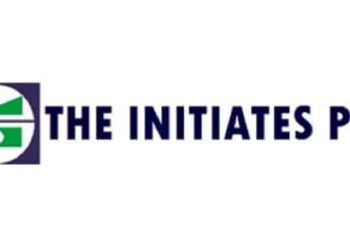Almost thirty years after it last produced vaccines in the country, the Federal government has resumed their production in a joint venture with May and Baker Plc. Minister of health, Professor Issac Adewole stated this while briefing journalists after today’s Federal Executive Council (FEC) meeting. Vaccines were last produced by the government in 1991, after which the laboratory stopped production for renovation. Here is what we know about the joint venture:
- Initial equity contribution for the company will be N2.5 billion.
- May and Baker will contribute N1.2 billion and the FG N1.3 billion.
- Government will own 49% of the venture and May and Baker will own 51%.
- The company is expected to produce basic vaccines.
- The joint venture will last between 2017 to 2021.
What May and Baker stands to gain
Partnering with the government means the company will have a steady source of business,and get paid on time. The company may start earning foreign exchange if it is able to export the vaccines to other countries. This will increase revenue and profits for the company. Shareholders will benefit from an increased dividends. In addition to supplying the federal government, states and private hospitals will also purchase vaccines from the company.
Benefits to the country
The government will no longer need to import vaccines, so foreign exchange will be saved. Response time when epidemics break out will also be faster, as the vaccines are made within the country. The nation will no longer be dependent on Non Governmental Organization (NGOs) to provide vaccines, as witnessed in the last meningitis outbreak.
May and Baker was recently in the news due to a rumoured merger/acquisition by Fidson healthcare Plc. Both companies last week released statements to the Nigerian Stock Exchange (NSE) denying any such discussions. Year to date, May and Baker shares are up 58.5%, out -performing the All Share index.

















